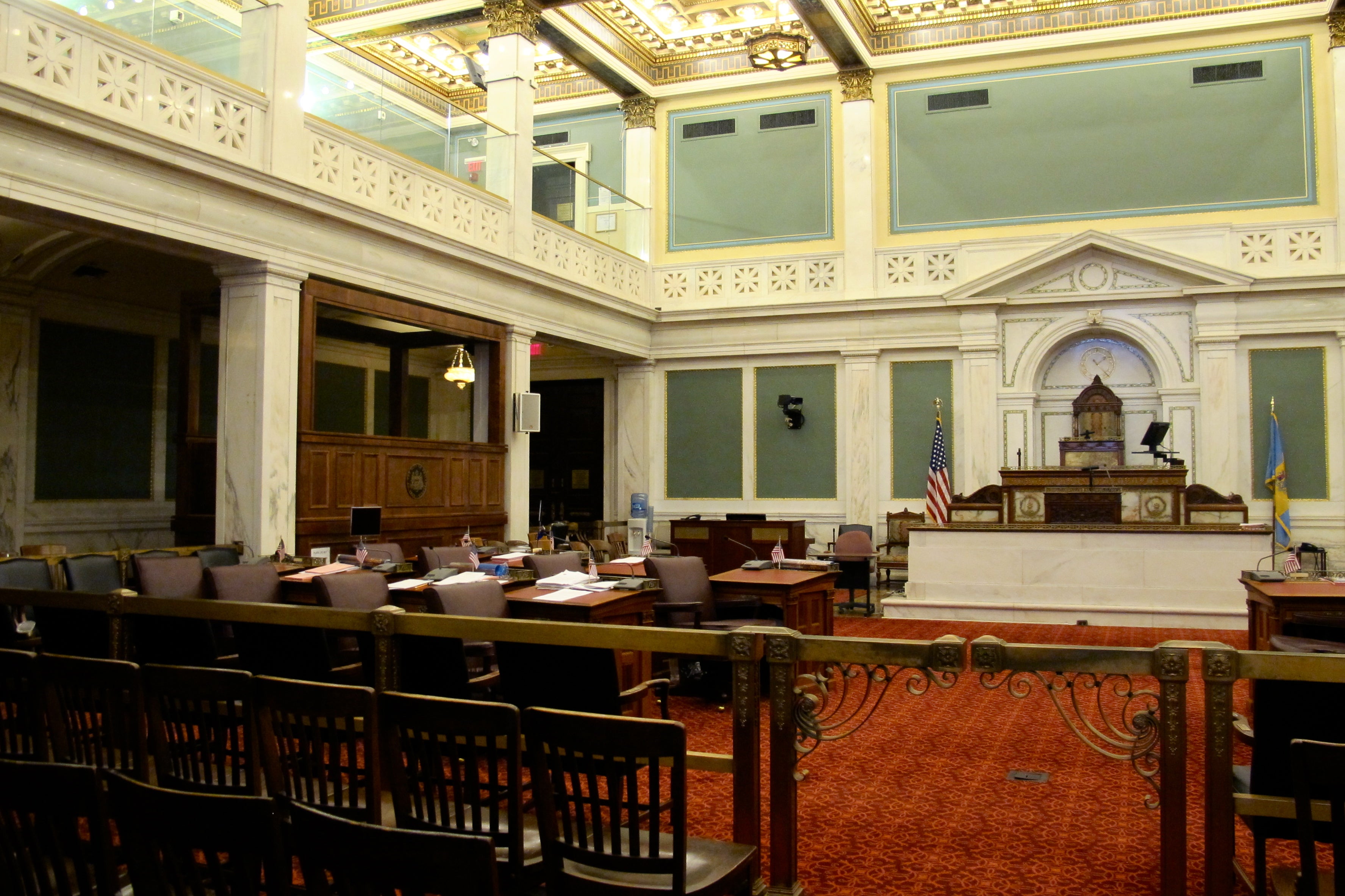Council passed Keystone Opportuntiy Zone expansion, splits in voting down Parking Authority audit

On Thursday, City Council enacted a slew of new legislation, with the notable exception of a bill that called for an audit of the scandal-plagued Philadelphia Parking Authority. A majority of City Council voted against the audit, despite passionate testimony in its favor from numerous education advocates. Only sponsors Helen Gym and David Oh voted for it, along with council members Allan Domb, Cindy Bass, and Mark Squilla.
“I’m committed to working with my colleagues to figure out a good solution to how we approach this,” said Gym before the bill was voted down. “It [the PPA] has systemically underfunded schools for the last four years…[there are] troubling issues about potential taxpayer money being given for settlement to silence victims. That’s something I know we’ll all pay attention to. If it doesn’t move forward I hope we can work with our colleagues to come up with another solution”
The only other note of dissension during Thursday’s session also came from Gym, who provided the lone no vote to the bill that would expand the controversial Keystone Opportunity Zone (KOZ) designation to over 80 sites throughout the city. (The program is meant to incentivize development in underperforming areas by granting state and local tax exemptions, although in this round sites were included in hot market areas of University City and gentrifying neighborhoods adjacent to Center City.) Legislation that would bring greater transparency to tax incentive bills of this nature was passed earlier this month, requiring recipients to show, for example, whether they were creating the jobs they promised. As PlanPhilly has previously reported, the KOZ program is not designed to produce measurable results.
Other significant legislation that passed council on Thursday included a bill that rezoned a swathe of land in East Falls in accordance with Philadelphia University’s Master Plan.
Five appointments were made to the board of directors of the land bank as well, including Jennifer Kates of Helen Gym’s office, Paulette Adams of Jannie Blackwell’s office, and Courtney Voss of Bobby Henon’s office (who, City and State PA notes, is under FBI investigation).
A few other notable bills advanced as well. Henon amended his bill to establish a separate offense for “chronic non-compliant” property owners who fell afoul of the property maintenance code. Previously the bill established that residential property owners who have been issued two violations in two years would be considered “Chronic Non-Compliant Owners,” which meant that each violation would be considered a separate offense with a separate penalty.
Henon’s amendment increased the number of violations to three over two years—without taking corrective action—before a property owner qualified as a chronic offender. He also added a clause that ensures an owner with six qualifying violations over two years will be considered a chronic offender regardless of the corrective actions taken. The bill will be up for a vote next week.
Legislation expanding prevailing wage standards for building maintenance workers advanced as well. Currently the law, established in 2008, only covers those workers employed in commercial and residential buildings of 25,000 square feet that receive subsidies from the city. This bill—sponsored by Gym, Maria Quiñones-Sánchez, Cherelle Parker, and Curtis Jones—would expand such standards to employees of other large institutions in the city like universities, hospitals, stadiums, and special services districts that receive subsidy from the city. The new bill would also lift the size of the commercial and residential buildings covered to 50,000 square feet—which isn’t believed to leave any workers currently covered by the law out in the cold.
“In a broader sense, these bills are part of a growing movement and policy advocacy effort, to lift more of that low end of service sector jobs into the low end of the middle class,” says Stephen Herzenberg, the executive director of the Keystone Research Center. “This is not as powerful as raising the minimum wage, it’s a much narrower piece of legislation. But to the extent that our [Pennsylvania’s] biggest cities have been preempted from doing this since 2006, they have to think of different ways of skinning the cat.”
The expanded prevailing wage bill passed before the Labor and Civil Service Committee on Wednesday with no major objections and only minor amendments. It received its first reading on Thursday and will be up for a vote next Thursday.
Near the end of Thursday’s City Council session, Cindy Bass introduced a resolution calling on the on the Committee on Finance to hold hearings about the feasibility of removing Wells Fargo as a city depository.
“I think it’s really time for us to divest,” said Bass. “Remember that word, from South Africa and apartheid and that movement? A call for companies to divest assets and it made a difference and it worked…The state of California immediately suspended its relationship with Wells Fargo, and California is a lot bigger than Philadelphia. If they can do it, maybe we can do it too.”
WHYY is your source for fact-based, in-depth journalism and information. As a nonprofit organization, we rely on financial support from readers like you. Please give today.







